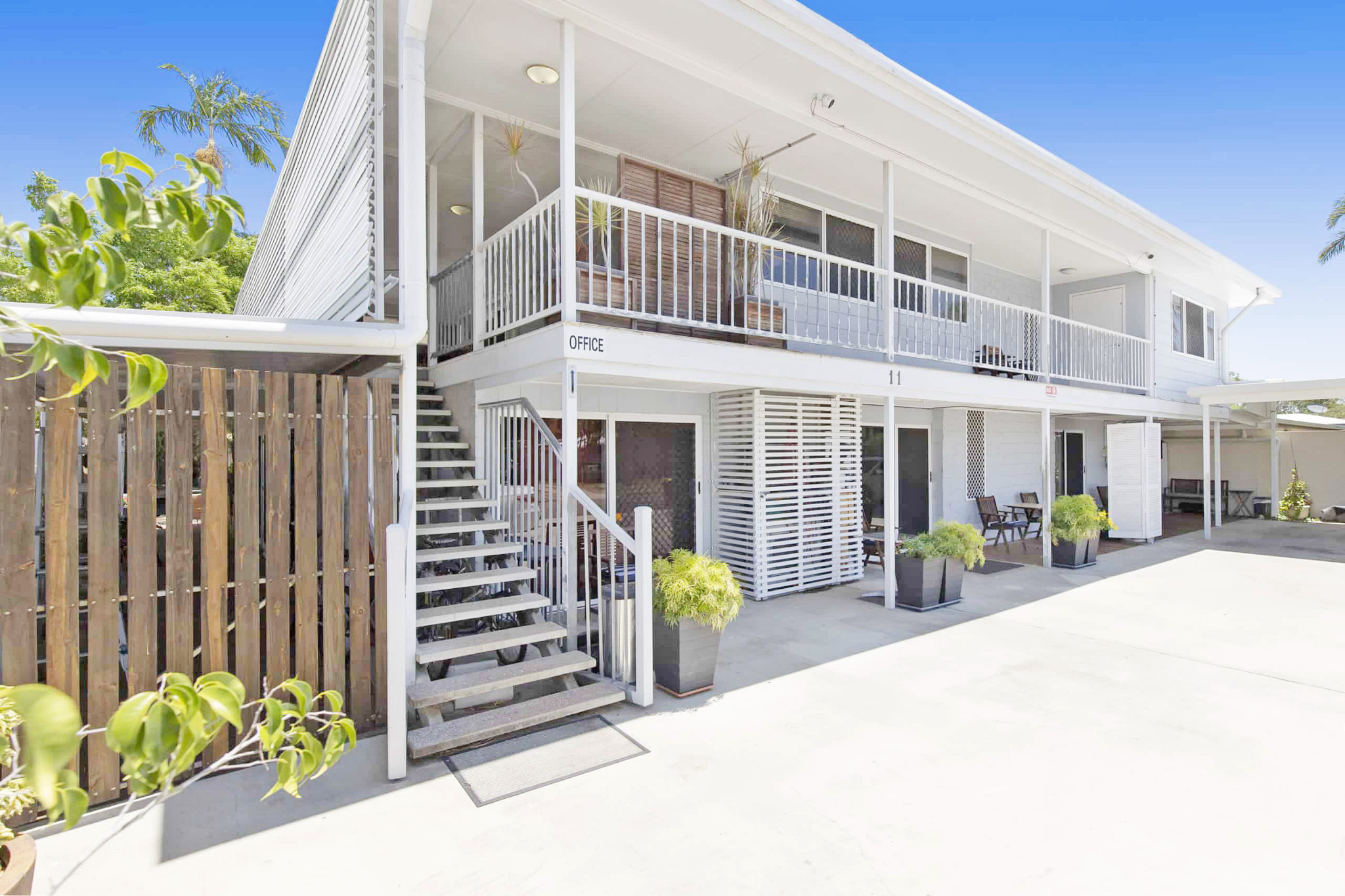General News
19 June, 2024
No solution in sight for critical patient accommodation provider
Alabaster House faces an uncertain future.

Alabaster House operators remain hopeful the Queensland government will provide a funding solution to keep the facility doors open, despite there being no increase to the Patient Travel Subsidy Scheme (PTTS) in last week’s state budget.
As previously reported by North West Weekly, a funding proposal for the house – which provides accommodation services to Gulf and North West community members travelling to Townsville for medical attention – is currently being reviewed by the state government.
There have been concerns for the future of the facility and its patient-clients after founders Robyn and Graham Girdler announced their intention to retire.
Mrs Girdler said representatives from Queensland Health requested she write a funding proposal last month after Traeger MP Robbie Katter called on Minister for Health Shannon Fentiman to commit to ongoing funding for Alabaster House.
She said further inquiries about her proposal were made by the Queensland Health last week.
The Miles government has until today to provide a written response to the questions posed by Mr Katter in state parliament.
At time of print, no response had been published.
In a statement to North West Weekly, Ms Fentiman acknowledged a funding proposal from Alabaster House was still under consideration by her office, however she declined to comment on whether the state government planned to provide any specific funding.
Mrs Girdler said Alabaster House currently relied on the PTSS, which is $70 per person, per night, to fund about 74 per cent of the facility’s annual operating costs. She said the remaining shortfall had been covered out of the couple’s personal savings since Alabaster House was founded at Christmas in 2007.
Mrs Girdler added that she and her husband had never taken a salary for their work and had instead invested hundreds of thousands of dollars, also out of their personal savings, to maintain the facility, expand the number of rooms available and upgrade the quality of the accommodation.
She said there had been some speculation among those in the medical assistance sector that the PTSS would increase to $80 per person, per night under 2024-25 state budget reforms.
However, this was not included in the state government budget announcements last week, meaning the 26 per cent funding shortfall at Alabaster remains.
The Queensland government had increased the PTSS from $60 to $70 per person per night in its 2023-24 budget.
Despite no change to the PTSS, Mrs Girdler said she was optimistic the funding proposal submitted last month was receiving reasonable consideration by the state government.
She said her funding proposal primarily focused on ensuring the same level of service was maintained at the house – including the employment of about 15 workers to manage, caretake, clean, drive and complete administration duties as well as further monies that would cover any replacement or repair costs for equipment and property as required.
Mrs Girdler said there had been interest from several not-for-profit organisations looking to take over the operation of Alabaster House, however these groups also sought financial assistance from government to ensure the same level of service could be provided.
Mrs Girdler said she was primarily concerned about the welfare of the clients at the house.
“The clients who have been here for a while are feeling nervous about the future,” she said.
“But we just keep reassuring them that we are looking for someone to take over the business that will maintain the same standard of care.”